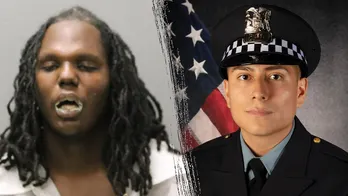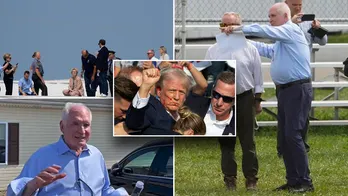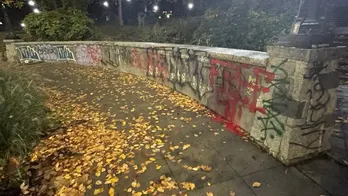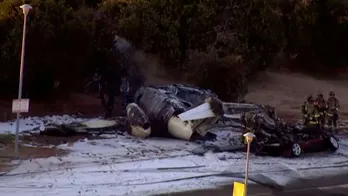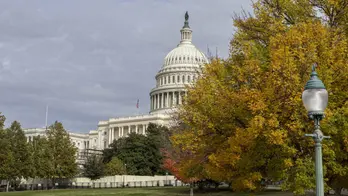Florida drag shows win temporary victory in Supreme Court
The U.S. Supreme Court refused Thursday to reinstate a Florida law that punishes businesses for allowing children into drag shows.
Florida Gov. Ron DeSantis signed into law the "Protection of Children Act" in May to ban "children" from any "adult live performances" that feature sexual or lewd conduct. The penalty for restaurants or other venues that violate the statute is potential license revocation or even criminal charges. While the law does not explicitly refer to drag shows, it is widely seen as aimed at them.
Hamburger Mary's Restaurant and Bar in Orlando, Fla., challenged the law in court, contending that it violates the First Amendment right of free speech. The restaurant frequently hosts drag show performances, comedy sketches, and dancing. In July a federal judge in Florida temporarily blocked the law from going into effect, and the state of Florida asked the Supreme Court to reinstate it while appeals are carried out in the lower courts.
But on Thursday afternoon, the court refused to do that by a 6-to-3 vote, with the courts three most conservative justices--Clarence Thomas, Samuel Alito and Neil Gorsuch noting their dissents.
Justice Brett Kavanaugh, joined by Justice Amy Coney Barrett, filed a short statement, explaining that the state did not raise the First Amendment issue in the case and the court's action on Thursday thus "indicates nothing about our view on whether Florida's new law violated the First Amendment."
Bottom line: for now at least, the high court sided with Hamburger Mary's and other drag shows. Hamburger Mary's says that it "has always marketed itself as a family restaurant. Parents and grandparents often attend shows with their children, and HM leaves it up to parents to determine whether a particular show is appropriate for the age of their own child." After the anti-drag law passed, age restrictions resulted in the cancellation of 20% of the chain's bookings, according to the restaurant.
A federal district court agreed that enforcement of the law could threaten First Amendment speech rights of all state residents, and the U.S. Court of Appeals for the Eleventh Circuit refused to intervene while the case is on appeal.
On Thursday the high court declined to intervene, too. Until the Eleventh Circuit hears the case fully, the law will not be enforced in the state.
Disclaimer: The copyright of this article belongs to the original author. Reposting this article is solely for the purpose of information dissemination and does not constitute any investment advice. If there is any infringement, please contact us immediately. We will make corrections or deletions as necessary. Thank you.

